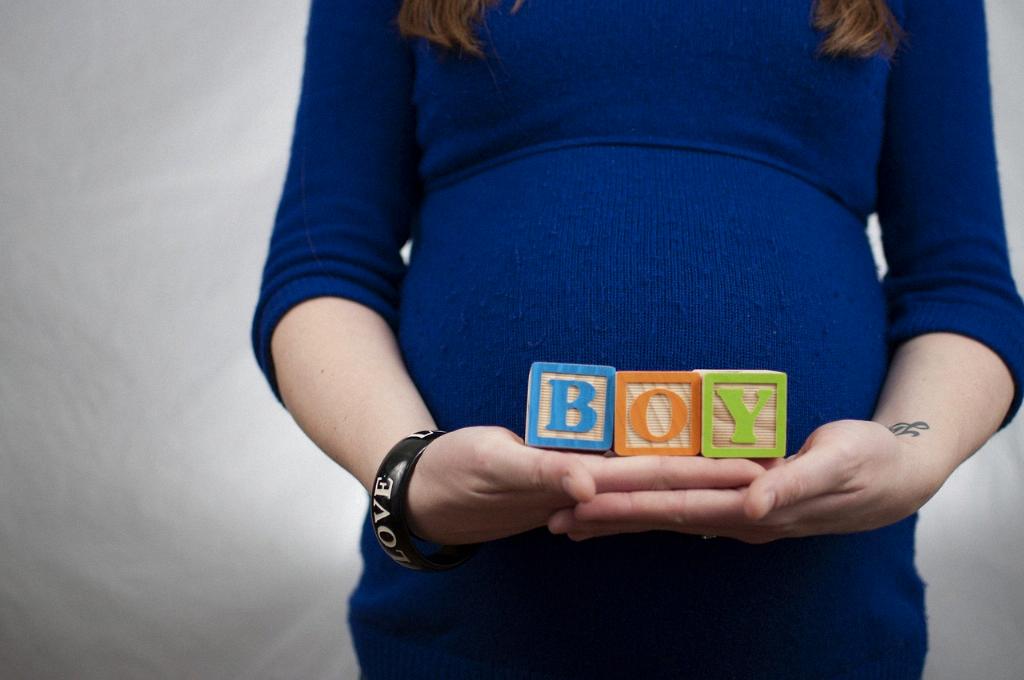When it comes to determining the presence of a pregnancy, ultrasounds play a crucial role in providing concrete evidence that goes beyond mere speculation. These imaging tests offer valuable insights not only into the confirmation of pregnancy but also the viability of the fetus.
Verifying the Existence of a Pregnancy Through Ultrasound
One of the primary purposes of an ultrasound in the context of pregnancy is to provide definitive proof that conception has occurred. By visualizing the developing embryo or fetus within the uterus, healthcare providers can confidently confirm the presence of a pregnancy.
Evaluating the Viability of the Pregnancy
Moreover, ultrasounds are instrumental in assessing the viability of the pregnancy. This entails ensuring that the fetus has a detectable heartbeat and is appropriately positioned inside the uterus. Any deviations from these essential criteria can indicate potential complications.
Identifying Potential Issues through Ultrasound Imaging
Aside from affirming the existence and viability of the pregnancy, ultrasounds can also help in identifying any potential issues that may arise. From ectopic pregnancies to developmental abnormalities, these imaging tests offer valuable diagnostic information.
Early Pregnancy Ultrasounds
During the early stages of pregnancy, ultrasounds can accurately determine the gestational age of the fetus, providing essential information for monitoring the progress of the pregnancy. This helps healthcare providers make informed decisions regarding prenatal care.
Confirming a Healthy Pregnancy
For expectant parents, the reassurance provided by an ultrasound confirming a healthy pregnancy is invaluable. Seeing the visual evidence of a growing fetus can foster a sense of connection and anticipation for the journey ahead.
Ultrasound as a Key Diagnostic Tool
Ultimately, ultrasound technology serves as a key diagnostic tool in the realm of obstetrics, offering unprecedented insights into the status of a pregnancy. Its non-invasive nature and ability to provide real-time imagery make it an indispensable component of prenatal care.
Importance of Medical Expertise in Interpreting Ultrasound Results
While ultrasounds can provide significant information regarding pregnancy, it is important to emphasize the role of trained medical professionals in interpreting the results. Their expertise ensures accurate assessment and proper decision-making based on the ultrasound findings.
Enhancing Prenatal Care through Ultrasound Technology
By integrating ultrasound technology into prenatal care, healthcare providers can offer expectant parents a more comprehensive understanding of their pregnancy journey. This proactive approach enables early detection of any potential issues and appropriate management strategies.
Empowering Expectant Parents with Knowledge
Empowering expectant parents with the knowledge gained through ultrasound imaging fosters a sense of involvement in the pregnancy process. It allows them to actively participate in decision-making and preparations for the arrival of their new family member.
The Evolution of Ultrasound in Pregnancy Confirmation
From its humble beginnings to its current status as a cornerstone of prenatal care, the role of ultrasound in confirming pregnancy has evolved significantly. Its ability to provide both tangible proof and vital information underscores its enduring importance in the field of obstetrics.
Conclusion
In conclusion, ultrasounds unquestionably serve as a definitive method for confirming pregnancy and assessing its viability. Through advanced imaging technology and skilled interpretation, these tests offer a window into the progress of a pregnancy, reassuring expectant parents and guiding healthcare providers in delivering optimal care.

